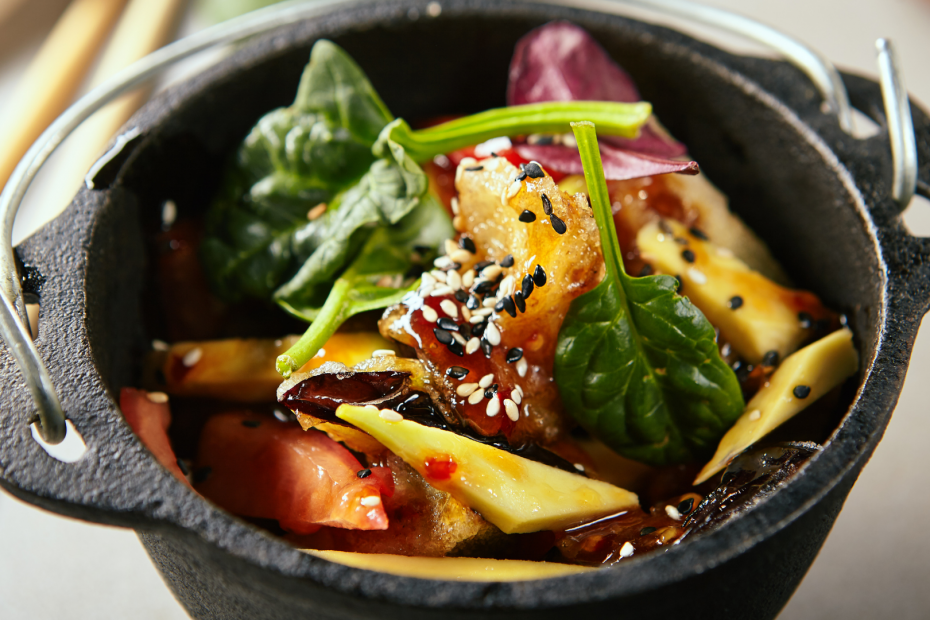Obesity has been on the rise, but it has hit millennials especially hard. In 2014, nearly a quarter of adults between the ages of 19 and 29 were obese, and this number has continued to rise. Obesity drastically affects one’s quality of life, both physical and mental. Obesity can lead to diabetes, high cholesterol, high blood pressure, and other severe medical conditions.
In the contemporary world, there are a multitude of methods to reduce obesity and avert these illnesses from occurring. One of the key approaches is to seek out various cosmetic treatments such as liposuction, kybella, coolsculpting, and tummy tuck surgery, which can have an advantageous impact in eliminating extra weight from the body. Besides these medical treatments, a further significant method that many individuals utilize is consuming a healthy and nutritious meal. In this article, I will be discussing this approach in greater detail.
Here’s How I Dealt with Obesity Through Nutritious Meals:
A Diet That Includes a Variety of Foods
Depending on your goal, a well-balanced diet can help you lose weight, gain weight, or maintain a healthy weight. Every meal should include a variety of nutritious foods: vegetables, fruits, low-fat dairy products, lean meats and other sources of protein, and whole grains.
Limiting Or Avoiding Foods High in Calories and Low in Nutrients
Obesity brings not only numerous health problems but also causes mental and physical stress. However, it can be prevented by eating a healthy diet. Incorporating nutritious foods into mealtime can help you to reduce calorie consumption. Keeping a food journal of what you eat can identify the foods that cause your obesity. It also allows you to identify foods that you should avoid. While it’s nearly impossible to avoid all sources of excess calories in today’s high-calorie world, it is possible to make healthier choices when you eat. Avoid sugary beverages, such as soda and juice, since these sugary drinks pack a ton of calories. Instead, opt for water or diet options sweetened with low-calorie sweeteners.
Eat complex carbohydrates, low glycemic foods, and fiber-rich diets
Healthy eating includes eating a balanced diet that provides you with the right nutrients. Today’s fast-paced lifestyles make it difficult for many people to eat well-balanced meals. However, a balanced meal should include complex carbohydrates, low glycemic foods, and fiber-rich diets. These foods help your digestive system, slow your digestion, prevent bloating, and maintain your body’s blood sugar levels.
Increase consumption of fruits and vegetables, legumes, whole grains, and nuts
When you eat, load up on plant-based foods, such as vegetables, fruits, whole grains, and legumes, instead of processed foods and fast foods. Nutritious meals are necessary and will help your body to maintain a healthy weight.
Limit fat intake and shift from saturated to unsaturated fats
Obesity should be viewed as a disease rather than a choice. ‘Fat’ is blamed for various health issues, but it is part of the body’s protective mechanism. When food is digested, some of it is turned into energy, while the rest is stored as fat. This is because the body needs the energy to run and stay healthy. So, fat is an essential source of energy; however, too much of it can lead to weight gain. Excess fat builds up in cells, and over time this can lead to serious health problems, such as heart diseases, diabetes, and high blood pressure.
Avoid trans-fatty-rich foods (vanaspati, bakery products, and sweets)
The American Heart Association recommends we avoid trans-fatty-rich foods (vanaspati, bakery products, and sweets). Trans fats are created when liquid or solid vegetable oils are hydrogenated. Hydrogenation is a chemical process that adds hydrogen to vegetable oil and creates trans fat. Trans fat can turn on genes that increase heart disease risk and reduce good cholesterol (HDL) and raise bad cholesterol (LDL).
When you reach a certain point in your life, your body can no longer keep up with the demands of your busy life. It constantly craves foods containing refined sugar, salt, and fat. If you’re like me, you try to resist the urge but end up consuming even more calories than you intended. And weight gain isn’t the only problem – eating foods high in sodium, artificial flavors, and chemicals can have negative effects on your body. And when you give in to those cravings, you gain even more weight.

